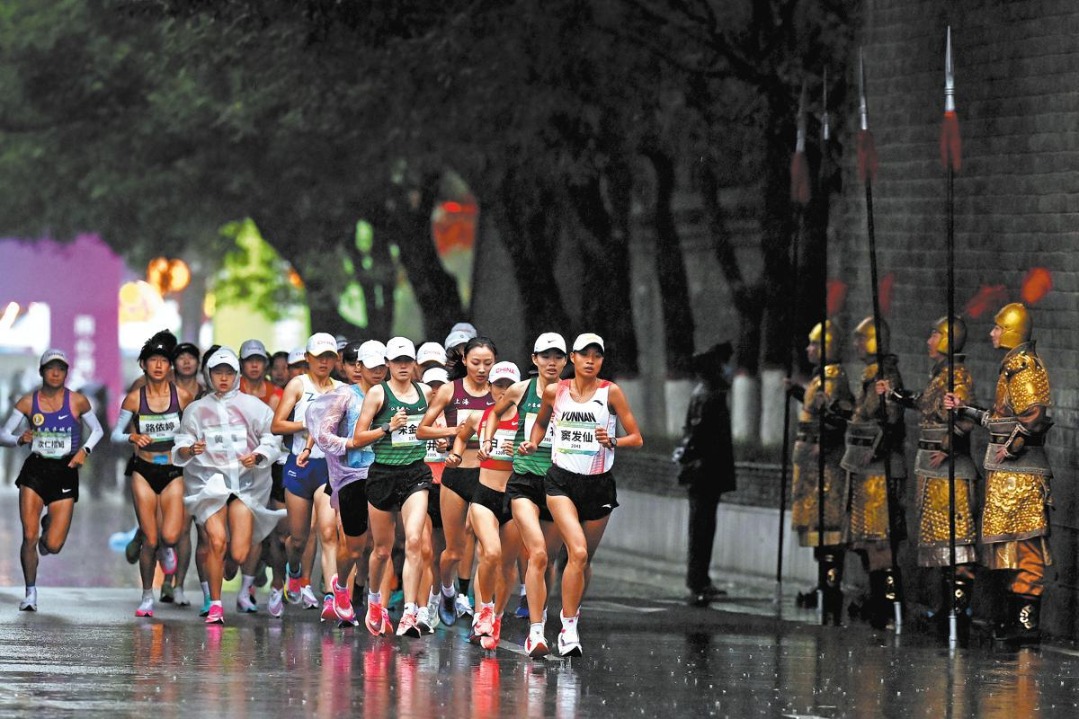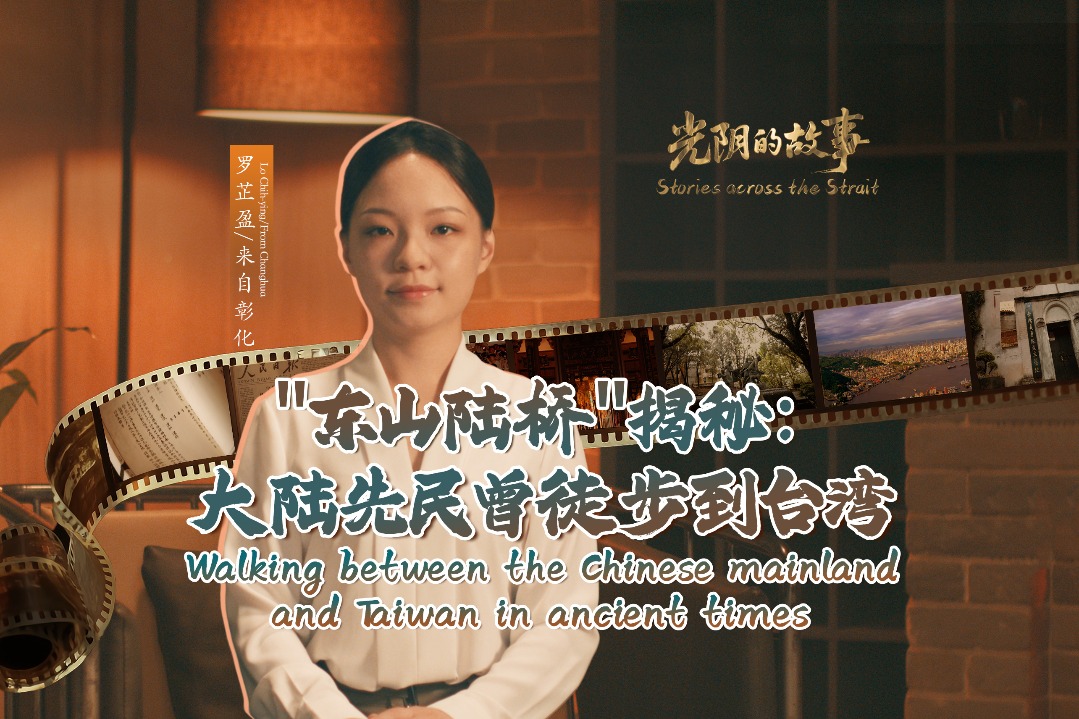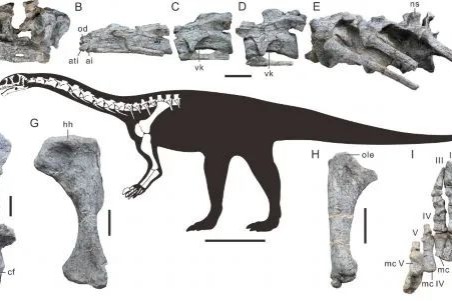Equating interest with success
Top mathematician says too much emphasis on exams may not add up to effective learning, Zhang Zhouxiang reports.

In the history of mathematics, Shing-Tung Yau is undoubtedly a name that sums up expertise.
Born in 1949, he has achieved outstanding things in the sectors of geometric analysis, differential geometry, differential equations, general relativity, mathematical physics, algebraic geometry, manifold topology, computer graphics, and other subsectors.
At the age of 28, he secured a tenure at the Institute for Advanced Study, Princeton, New Jersey. Six years later, he received the Fields Medal, known as the "Nobel Prize of Mathematics". Now he remains committed to mathematical research and teaches at multiple higher research institutions in China and the United States.
On March 23, Yau gave an exclusive interview to China Daily at Qiuzhen College, Tsinghua University.
You said that mathematics is one of the three important courses. But everybody says their subject is important. So what is the importance of mathematics compared to other subjects?
Mathematics lays the foundation of modern society. Social development would be impossible without progress in science and technology, all of which must come from, and cannot be separated from, mathematics. It is even fair to say that human civilization today wouldn't exist without mathematics. For example, the total population of mankind is at least 10 times that of 300 years ago, and its support relies heavily on modern technology. Mathematics is the most fundamental part of these technologies.
Even sociology cannot go without mathematics. Almost everyone has a smartphone, the total number of which could reach billions around the world. How can we connect to each other to become an efficient network? How can resources in this network be allocated most efficiently? All these problems need mathematics in order to solve them.
It is totally unimaginable what modern society would be like without mathematics.
Can mathematics solve the pressing problems we face? For example, developing the chip industry amid US sanctions?
To develop the chip industry, the prerequisite is to understand the most basic principles. One of the key reasons why we face difficulties is that basic science is not yet well developed, and we lack a solid grasp of some of the basic theories needed to manufacture chips. To solve this, it is necessary to work hard to develop the entire basic science, so as to raise the efficiency of the entire scientific and technological system.
How does Chinese success at the International Mathematical Olympiad help the discipline?
IMO is not about mathematical research, it is just an exam. Too many exams have curbed children's interest in mathematics — when they take exams every day, they lose interest in mathematics itself. I'm not advocating the abolition of exams, but I think children have spent too much time preparing for exams, which is a blow to their interest in mathematics.
True knowledge is about achieving things ahead of others, accomplishing things on one's own path. Take myself as an example — I have always been very interested in the history of mathematics, and to learn the growth process of great mathematicians, to me, is very meaningful. As I constantly deepened my understanding of many interesting issues, (my) mathematics gradually developed.
Particularly, many media outlets often portray mathematicians as weirdos, but that's unfair. There are tens of thousands of mathematicians around the world, and most of them are ordinary people. They love literature and they play the piano. One of my friends is good at climbing mountains, and even has a mountain named after him. When telling the stories of mathematicians, it is important to note that they are mortals, and thoughtful scholars.
Many physicists and biologists are engaged in science popularization. Do mathematicians also need to raise awareness?
Pop science is good, but many mathematicians, especially the first-class ones, are unwilling to spend time on it. Yet, I still recommend top mathematicians to do pop science, because in that way, they allow more people to access, understand, and learn mathematics.
What are your suggestions for popularizing mathematics?
Besides stories of mathematicians, there are many interesting formulas in mathematics that apply in daily life. If you learn some group theory in mathematics, it will be easier to get the desired results with a Rubik's Cube without taking chances, which can make one the focus at parties. If you understand the Bernoulli Equation, you will know that the faster water flows through a pipe, the lower the pressure on the pipe. All these can be tested with materials that can be found everywhere, allowing people to intuitively understand them.
Mathematics is also rather practical, like in investment and stock trading. I have some friends who use mathematical methods to make investments, and the models they have made can always accurately predict the rise and fall of a stock, which has earned them a lot of money. Actually, most successful investment companies hire mathematicians in decision-making roles, because their tools, such as statistics and probability theory, are rather useful. If mathematicians can tell these stories in pop science, that will be very attractive to readers.
If parents want their children to have a secure career, that of a mathematician is really good. It's stable, with a stable pay, and you don't have to skip sleep like those who work on Wall Street, nor do you lose hair every day as a life scientist trying to conduct experiments.
But only a few people can become mathematicians, and they need talent and interest. For ordinary people like us, how do we cultivate our own, and our children's, interest in mathematics?
Parents are a bit too concerned about children in some aspects, and totally unconcerned in others. As a result, children have no room to cultivate their interests via thinking. Parents always care about the children's exam scores, but not the interests they can cultivate. But the latter, not the former, makes mathematicians.
From kindergarten to high school, Chinese students face too much pressure. Yet upon finishing high school, they feel they have finished their tasks and have little interest in learning. Children need to unleash their natural instincts when they are young, cultivate their interest in basic science through exposure to nature, lay a good foundation in middle school and high school, and develop the habit of studying hard and gaining knowledge in college. Children need more space.
On the national level, the next generation needs to be encouraged to study not only mathematics, but also all basic science. I will host an international basic science conference this summer, because I believe it is the foundation of all modern technologies, like soil breeding a tree. China needs to vigorously develop basic science if it wants to become a big tree in terms of being a world technological power. I hope more people will take this path, which is more meaningful than making money on Wall Street.
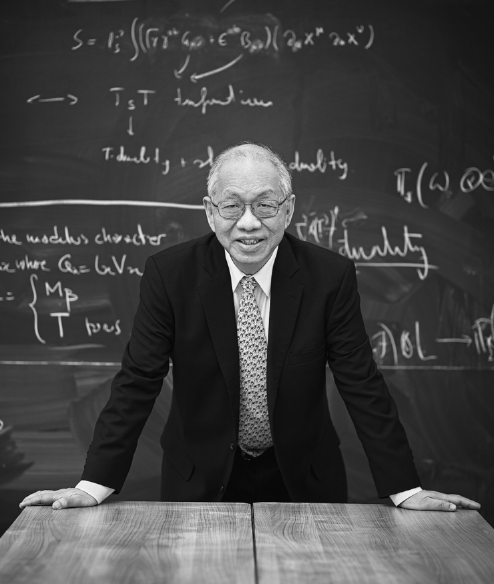
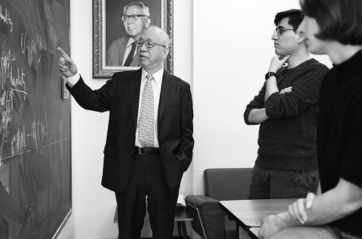
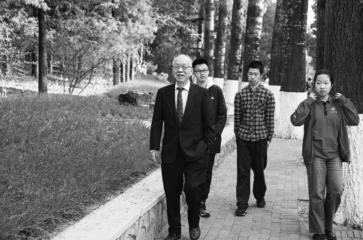

Today's Top News
- A Quixotic quest to reindustrialize US
- Major test brings lunar mission closer to reality
- China likely to continue buying gold
- World Games dazzle spectators in Chengdu
- Choirs send message?of amity?at games' opening
- Foreign trade stays on stable growth track
















